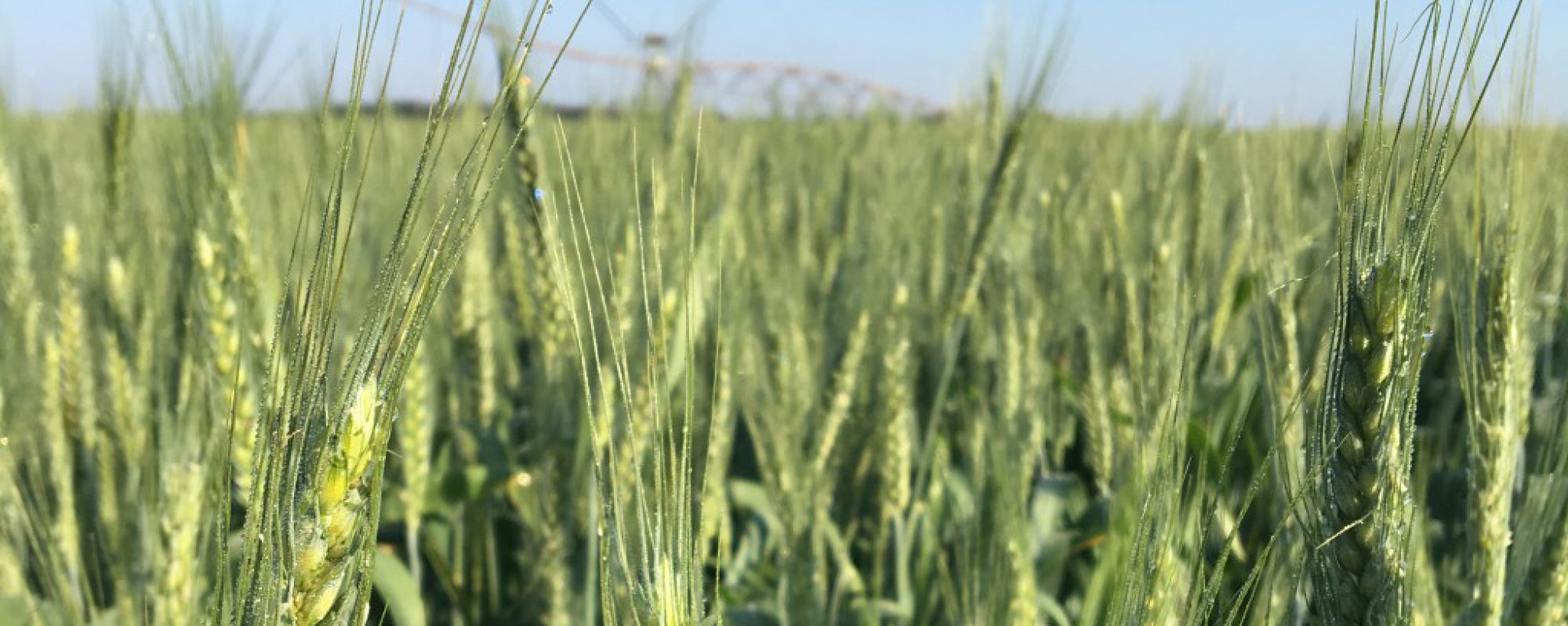Weed Science
-
By now most of you know that we have to be trained once again to use the new Auxin Technology. The reason for the training is to update producers on label changes, to satisfy requests from the EPA, and ultimately protect this technology for farmers in Georgia and the southeast. Here are the details about…
Posted in: Uncategorized -
Per Dr. Prostko: As Dr. Culpepper and I have begun our annual winter weed tour around most of Georgia, one of the many things you will here us discuss is starting weed-free (clean) at planting using a combination of practices such as tillage, cover crops, and/or herbicides. The use of cover crops and tillage will…
-
From Dr. Prostko: 1) The #1 enemies of POST herbicide applications are big weeds and dry weather. If POST graminicides (i.e. Select, Poast, Fusilade, or generics) are applied applied to large plants, they will not work. A flowering goosegrass plant is way too big!!! Seed-heads of common annual grasses. From left to right: goosegrass; barnyardgrass:…
Posted in: Weed Science -
“Cracking” Time Again on Peanuts (Prostko) Many peanut growers are in the field right now making “cracking” applications of paraquat (whether they really need it or not?). I always get tons of questions about product use rates. Check out these pictures from earlier today. These are rates I have been testing for years and they…
-
Grass Herbicides for Pre-Plant Burndown?? (Culpepper and Prostko) Thinking about using a grass herbicide such as Select Max (clethodim) for pre-plant burndown? Have you seen any data suggesting this is a wise decision? Interestingly, there is a lot of buzz about using grass herbicides to burndown small grain cover crops and annual ryegrass because of…
Posted in: Weed Science -
An update from Dr. Prostko I continue to hear much chatter about the shortages/price increases for Roundup (glyphosate) and many other herbicides. Thus, I would like to remind you of some of the options available to field corn growers who are trying to be more judicious with their use of glyphosate and/or get away from it…
-
The frequent rain showers we have had over the last month or so have caused many problems with growers who have not been able to get in the field to make pesticide applications. Since its now July 20 and getting late for just about everything, here are a few things to think about in regards…
-
The 2021 field corn production season has not been great. Cold, cloudy, wet weather has many farmers scratching their heads about the way some of their fields look. There are many possible causes of these problems (i.e. fertility, disease, insects, nematodes, weather, herbicide carryover, etc.). My colleagues and I have tried to address these issues…
-
Thanks to Worth County Ag Agent Bryce Southerland who wrote information on burndown leading to cotton on his blog at Worth County Ag News. It is the time of the year where growers are getting ready to prepare cotton land by burning down winter weeds in wheat/rye/oats cover crop. Cover cropping is widely used to…
-
We are getting set to transplant this week and next. We have most of our plastic on the ground and it is much dryer this year than it was this time last year. We got some weed control questions and here are some things to look at: Transplant Small-Bed Mulch Weed Program For small bed…
-
We have been looking at recently sprigged pastures this past month to determine weed control needs. We can use Diuron immediately after sprigging, but for most everything else, the pasture needs to be established. So, when is it established? Sprigging Bermuda There are a few ways to look at this. One way to look at…
